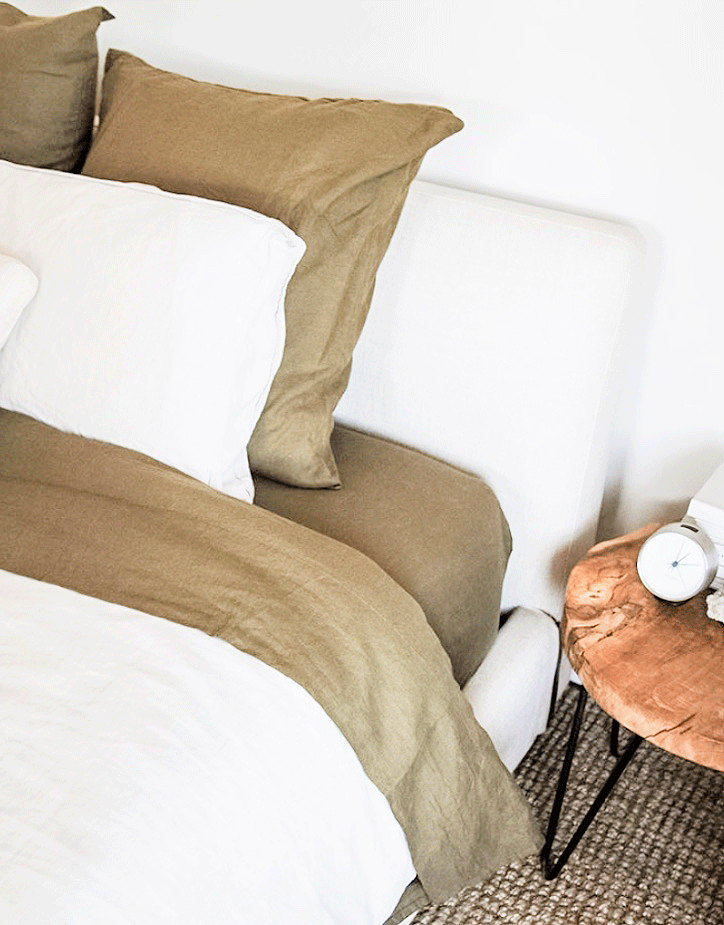 Let’s take a moment to think back to when we woke up this morning. Did you wake-up feeling refreshed, rejuvenated and ready to jump out of bed to start your day? Or did you find yourself pressing the snooze button on your alarm, feeling tired, lethargic and grumpy, vying for your mug, loaded with caffeine to wake you up?
Let’s take a moment to think back to when we woke up this morning. Did you wake-up feeling refreshed, rejuvenated and ready to jump out of bed to start your day? Or did you find yourself pressing the snooze button on your alarm, feeling tired, lethargic and grumpy, vying for your mug, loaded with caffeine to wake you up?
If you woke-up feeling refreshed and well-rested, amazing work, you gave your body the perfect gift- a beautiful night’s sleep! If however, you woke up feeling tired and grumpy, chances are, you may need to take a look at how you can change your routine to ensure your body gets the best night’s sleep possible.
Getting a good night’s sleep may not be at the top of your priorities, nonetheless, we can all benefit from improving our quality of sleep. Sleep is an essential part of our lives and is often underrated in importance. We spend around a third of our lives sleeping. It is as important to our bodies as eating, drinking and breathing, and its vital to maintain good mental and physical health.
We live in a constant rush, our schedules overflowing with various tasks and responsibilities. Sleep often becomes the first thing we sacrifice to maximise our efficiency and productivity. But are you actually aware of what ‘quality sleep’ is? Do you know how long we should sleep for? How can you make sure you actually get enough rest and practise good sleep hygiene?
Although the exact science behind why we need sleep is still under investigation, research has pinned that the benefits of sleep are abundant, the consequences of not enough however, can be catastrophic!
Our sleep and health are very much related; poor sleep can increase your risk of poor health, and poor health can make it harder to sleep. As you pass through the various stages of sleep, your body cognitively and physically restores itself. Sleep allows our body and brain to regenerate, our heart, blood vessels and tissues to repair. Sleep reduces our blood pressure and lowers our risk of diabetes by affecting how our body reacts to insulin, (the hormone that controls our blood sugar levels). The amount and quality of sleep we get also effects our mood, energy and concentration levels, our relationships and our ability to stay awake and function during the day. If you still don’t feel convinced, good sleep can also help you maintain an appropriate, healthy body weight. Have you noticed that when you are sleepy, you are also more prone to reaching for comfort foods instead of healthy, nutritious foods?
Having an understanding on the importance of sleep for our physical and personal health and wellness is one thing, however knowing how to incorporate this into our everyday lives is another! There are some simple steps YOU can take, to give your body the rest it deserves.
Develop a routine:
Remember, don’t over-think things! The key is to work out what’s best to suit you and your body- everyone will find something different that works for them. Think of sleep like your phone charger. If you don’t plug your phone in and allow it to recharge, it will break down soon enough!
Eat well, hydrate well and sleep well. These, really are, the 3 pillars of beautiful health ad vitality.